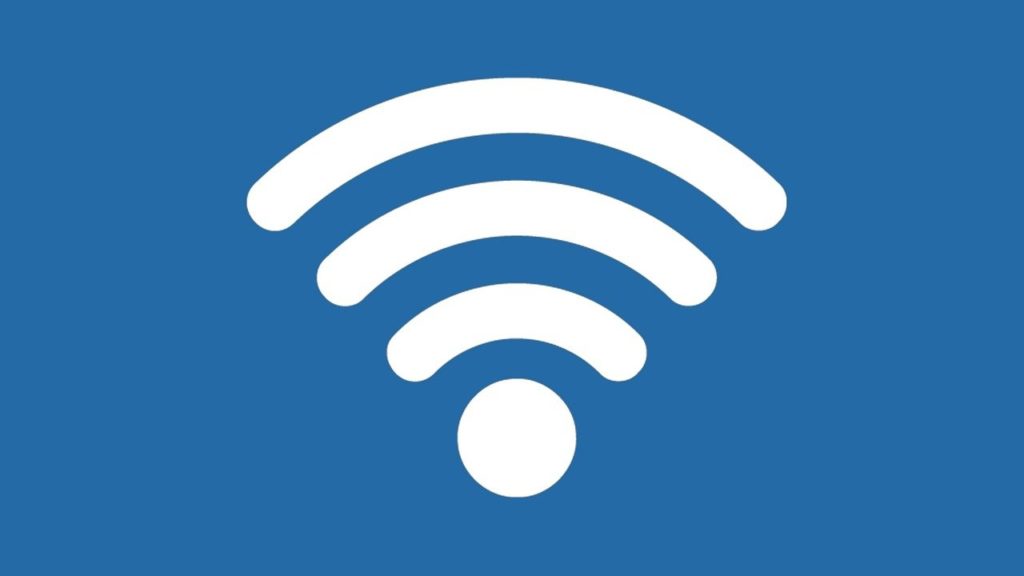Would it have been helpful for the New England Patriots to have had access to study the Seattle Seahawks playbook before the Super Bowl? Absolutely. But, even without seeing the playbook the Patriots could make some basic assumptions–for example that they would not agree with the Seahawks on strategy.
That more or less sums up my feelings about the Net Neutrality rules the FCC plans to vote on. I think the government should be more transparent and the FCC should have made the rules available to the public prior to voting on them. In the absence of that, however, I feel that the ISPs and GOP have been more than transparent enough with their motives when it comes to Net Neutrality. I know I don’t agree with their strategy and that is enough for me to make an initial decision to [inlinetweet prefix=”” tweeter=”” suffix=””]support the FCC Net Neutrality rules simply on the basis that the ISPs and GOP are opposed[/inlinetweet].
I posted an exchange on this issue between a reader and myself as an open letter on the issue:
A reader took the time to contact me personally by email in reference to the Net Neutrality debate and the new rules, which the FCC is scheduled to vote on tomorrow. If the members vote strictly on party lines—which seems likely—the rules will pass 3-2.
The individual reached out to ask that I consider letting my readers know that I don’t actually know what’s in the Net Neutrality rules being voted on. The reader does not specify which of my Net Neutrality articles is being referenced. I assume because it has been back in the spotlight in the last week that it’s the story I wrote about why FCC commissioner Ajit Pai was wrong to question the Net Neutrality motivations of Netflix based on its desire to maintain a competitive advantage over its rivals.
That article actually predates the decision to pursue reclassification of Internet service under Title II and doesn’t relate specifically to the rules being voted on this week. It seems to have struck a nerve with the anti-Net Neutrality crowd, though.
After responding to the email I decided that the response was something that I feel should be shared with my readers, so I am reposting the exchange here. I’m not trying to call out or embarrass anyone, so I have removed the reader’s name, but here is the text of that email:
Okay, wo [sic] your explanatin [sic] makes sense…I get it. The problem is there is more to Net Neutrality than we are being told. They won’t disclose and it does not take 303 pages to put your explanation in print. So clearly there is much more to it. First we got Obamacare. Now we will have Obamanet.
I strongly suggest you tell your readers you don’t know what is in Net Neutrality…because the government refuses to be transparent and post it for public review and comment. At least then you could protect your credibility.
This was my response:
Thanks for taking the time to share your thoughts.
I have been following and reporting on Net Neutrality since before it was Net Neutrality. The ISPs and GOP like to try to rewrite history and pretend action isn’t necessary. It’s draconian regulation by the government. The market can police itself. What they fail to remember is that the market did police itself…until it didn’t. The ISPs created the backlash themselves and forced the hand of the FCC. They’ve demonstrated repeatedly in recent years that in the absence of enforceable regulation they can’t be trusted to act in the public good. When the FCC tried to play nice the ISPs fought all the way to the Supreme Court to challenge the authority of the FCC to do the very thing the FCC was chartered by Congress to do. The ISPs left the FCC no choice but to change the rules because they refused to continue playing by the unspoken ones that worked so well for so many years.
Here is what I do know about the rules the FCC is getting set to vote on. The FCC has a process in place to allow for public comment and the public commented by the millions in favor of Net Neutrality and seeking assistance from the FCC to defend consumers from the ISPs. [inlinetweet prefix=”” tweeter=”” suffix=””]The FCC proposes to do what the majority of American voters want the FCC to do and that makes sense. [/inlinetweet]That’s how democracy should work.
You can read the full post at Forbes: An Open Letter Explaining Why I Support The FCC Net Neutrality Rules.
- AI Voice Clones and Mobile Phishing: The Cyber Threats You’re Not Ready For - July 11, 2025
- Rethinking Cloud Security for the Evolving Threat Landscape - July 11, 2025
- Why Data Security Is the Real AI Risk - June 30, 2025



